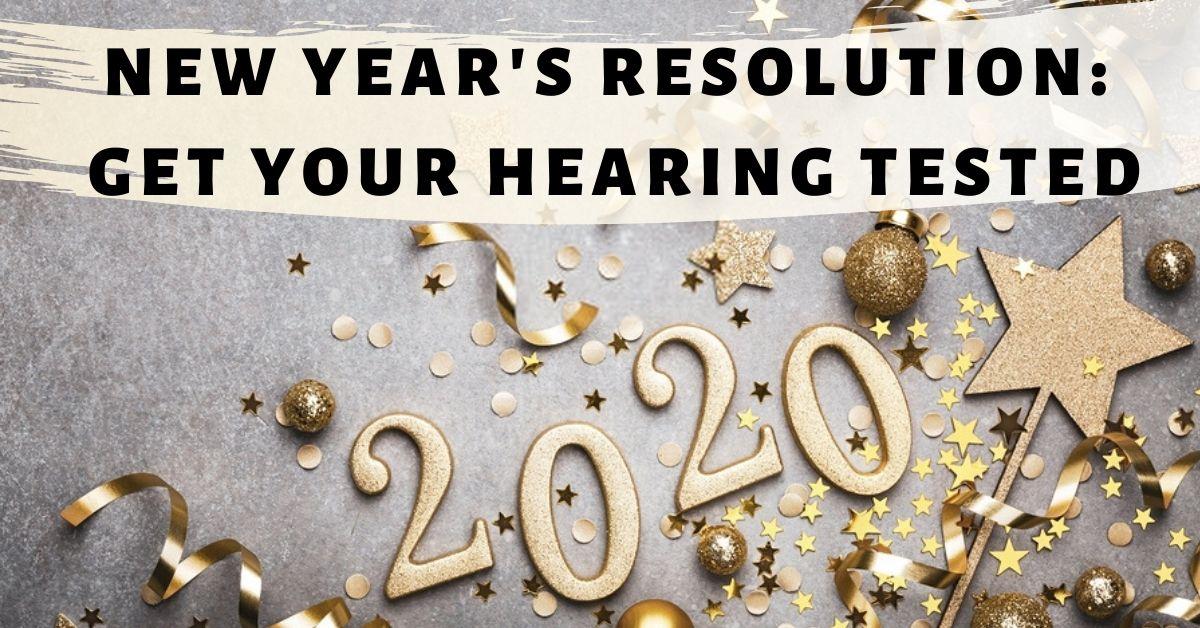- The Benefits of Being Social for Older Americans - February 29, 2020
- Common Excuses for Not Buying Hearing Aids - February 29, 2020
- How Treating Hearing Loss Improves Your Relationships - February 18, 2020
When was the last time you had your ears checked? How often do you even think about it? If you are having trouble hearing during conversation, or experience discomfort or tinnitus (a ringing, buzzing, or clicking in your ears), then you should see your hearing health care professional as soon as possible.
A problem always warrants a solution, but what about taking preventative steps when everything seems fine? There are many benefits to incorporate a hearing health check into your annual checkup. A baseline check can be performed by your medical doctor to inform you about where your hearing is at that point. When you are older, your audiologist will be able to see how your hearing has changed over the years. It may even give them an idea about your listening habits and allow them to suggest better practices or provide effective treatment.
Schedule a Screening
If you are unsure if you need a full hearing test, you can have your hearing screened. It is usually a quick test to determine if you need additional screening—it is pass or fail.
If you pass, it is likely that you do not have hearing loss. If you fail, you should see an audiologist for a hearing exam and thorough diagnosis of the results. This will help to determine how severe your hearing loss is and what treatment is best.
Newborn babies have their hearing screened; occasionally, children have their hearing screened in grade school; and adults are screened at their doctor’s office. It is recommended to have your hearing tested at least once after you turn 21. Your doctor can make it a part of your annual checkup. If you are younger than 50 years old and not experiencing a hearing loss, you can choose to have your hearing checked every 10 years. When you turn 50, it is recommended to have your hearing tested at least every 3 years.
Hearing Loss by the Numbers
Disabling hearing loss affects an estimated 466 million people worldwide, according to the World Health Organization (WHO), and the Hearing Loss Association of America tells us that approximately 48 million people are living with hearing loss in the United States alone.
An estimated 30 percent of seniors over the age of 65 have a hearing loss and roughly 14 percent of adults between 45 and 64 are also living with hearing loss. Younger generations are also affected: about 8 million people between the ages of 18 and 44 have some degree of disabling hearing loss.
The WHO also reports higher numbers of hearing loss, across all populations, in developing countries.
Common Causes of Hearing Loss
There are many causes for hearing loss and several types of hearing loss. A common cause is what your hearing aid doctor might call “otitis media,” or an ear infection. This is usually due to an inflammation within the eardrum and can be brought on by a cold, allergies, or buildup of mucus from a virus or bacteria. Left untreated, these symptoms can lead to temporary hearing loss.
Other causes hearing loss may include:
- Earwax buildup
- Swimmer’s ear – an inflammation of the outer auditory canal
- Head injury, especially near or directly to the ear
- Otosclerosis, a disease affecting the tiny bones in your ear
- Cholesteatoma, a condition that can develop if you have an ongoing ear infection
There are often signs that indicate you should see a hearing health care professional to have an exam. If you experience pain or fluid—or blood—draining from your ear, you should schedule an appointment right away.
All Ear Doctors
The importance of caring for your hearing health cannot be overstated. If a hearing loss is present, you put yourself at great risk of developing medical comorbidities if it is left untreated. Untreated hearing loss can lead to mental fatigue, social isolation, depression, and even Alzheimer’s and dementia.
Contact us today at All Ear Doctors to have your hearing checked. Visiting a hearing health care professional is the only way to get an accurate, in-depth examination of each ear’s hearing ability. We look forward to hearing from you!

